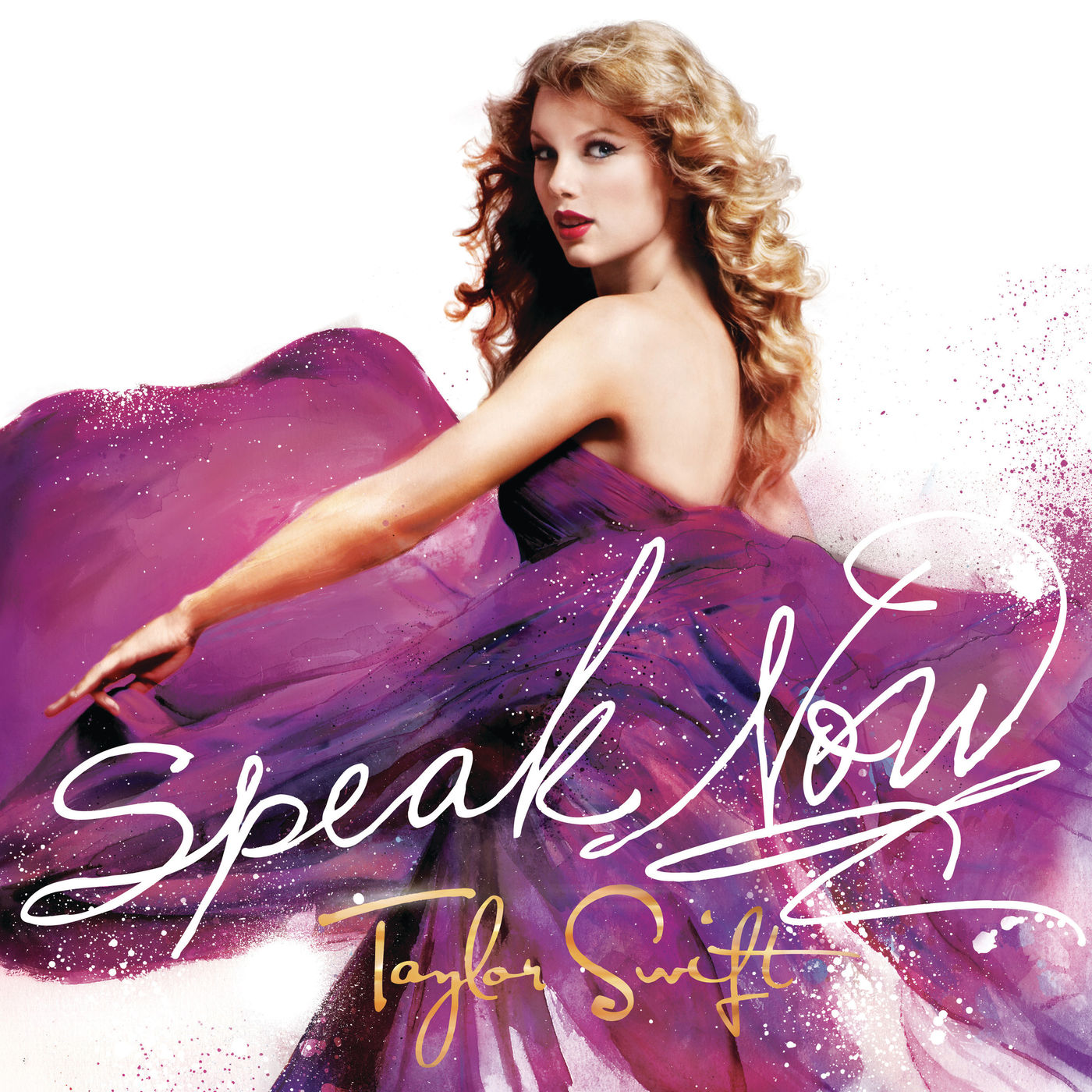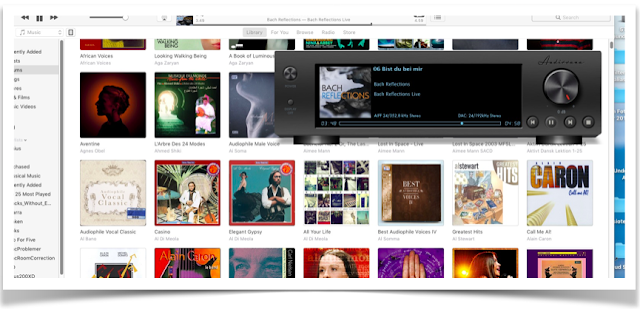

- #Wow hits 2016 ituens plus how to
- #Wow hits 2016 ituens plus for mac
- #Wow hits 2016 ituens plus update
- #Wow hits 2016 ituens plus android
To prevent this from happening, untick 'Start TuneSync Server on user login' before you click OK.
#Wow hits 2016 ituens plus android
TuneSync Server is configured to start with your computer, so it can wirelessly sync changes to your iTunes library whenever they're made and your Android device is switched on and connected to your home network. Change the Library name for identification purposes, if you wish, but also change the password from the default 0000 to something more secure. Once installed, launch the application, then look for its Taskbar or menu bar icon. Start by downloading and installing the TuneSync server software from its website.
#Wow hits 2016 ituens plus for mac
Firstly, free media server software for Mac and Windows, and secondly, a paid-for app for Android. If you have an Android tablet or phone, you can wirelessly sync all of your media, plus selected playlists, to your Android device using TuneSync.
#Wow hits 2016 ituens plus update
Drag any tracks, artists or albums to this playlist, then sync as directed above.Īs you update your library or playlist, simply re-sync your device by double-clicking the Notpod Taskbar notification area icon again. If synchronising specific items, switch to iTunes, where you'll find a My Devices folder under Playlists with your device name on it. If syncing your entire music collection to your device, simply double-click the Notpod Taskbar notification area icon, and the sync will begin. Otherwise, leave 'Use device name' selected to pick and choose which media items are synced. If you wish to sync all your music to your device, choose Music from the 'Associate with playlist' drop-down menu. Now click the Create button and select the drive itself before clicking OK. If necessary, click 'Make new folder' to create a music folder or - if music is already present on the device - an iTunes folder. Click the down arrow next to Synchronization Pattern and choose how you want your tracks organised and named - we recommend 'Artist\Album\Track (with disc number)' for easy filing.Ĭlick Choose next to 'Music location on device' and browse to the drive you wish to store your music in on your device.


Enter your media device's name into the Name field for easy identification. Click New Device and make a note of the warning before clicking OK. Now right-click the Notpod Taskbar Notification area icon and select Preferences. Make sure your media device or phone is plugged into your PC and that its storage - typically an external SD card - is visible as a drive letter when you click Start > Computer (you'll need to switch on USB storage if you're using an Android device, for example). You'll see its icon appearing in the Taskbar Notification area. Once installed, click Close and launch Notpod from the Start menu. During installation, make sure you read the installation information section carefully so you're aware of how the software works. If you're going down the Notpod route, download the software from its homepage by clicking Download followed by the Notpod 1.4.1 installer link.
#Wow hits 2016 ituens plus how to
We'll show you how to use both in this tutorial. If you're running iTunes in Windows and your mobile phone or MP3 player shows up as a removable drive when plugged into your PC, you can sync your choice of music to your device using a free program called Notpod.īetter still, if you're an Android user and you don't mind paying around £4 for the privilege, you can wirelessly sync all or part of your iTunes media library to your device using an app called TuneSync. Fret no more, because we've tracked down a couple of solutions that will do the job for you. You've got your music library stored in iTunes, but no quick and convenient way of transferring it to your non-Apple mobile media player or phone.


 0 kommentar(er)
0 kommentar(er)
